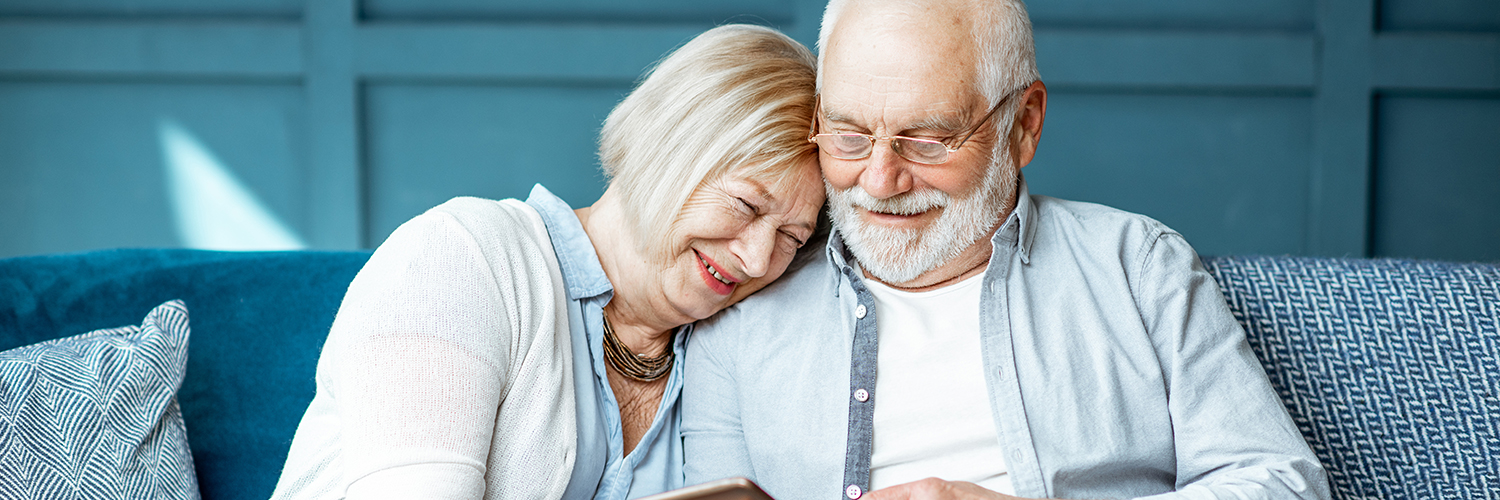ELECTROCARDIOGRAM (ECG)
What is an ECG?
An electrocardiogram (EKG/ECG) uses temporary electrodes on your chest and limbs to monitor, track and document your heart’s electrical activity (which controls your heartbeats) for diagnostic purposes. A computer translates the information into a wave pattern your healthcare provider can interpret. This is a quick, noninvasive test that doesn’t hurt. You can get an EKG while lying down and resting or while you’re exercising as part of a stress test.
Types of ECG devices
Because a typical ECG tracks your heart’s electrical activity for a very short time, it probably won’t pick up irregularities that only happen once in a while. It’s like when your internet is acting up but seems fine when someone comes to repair it. To capture these erratic issues, your provider can give you:
- Holter monitor: You wear this device for 24 to 48 hours to get a continuous recording of your heart’s electrical activity for that time frame.
- Event monitor: You wear this device for a week or more and may need to click a button to start recording when you feel symptoms.
How to read an ECG
Your own internal pacemaker, your sinoatrial node, starts your heartbeat with an electrical signal. An ECG reads that signal and tracks its impact on your heart as it contracts and relaxes with each heartbeat.
Your healthcare provider will look at how much electrical activity there is, how strong it is and how much time passes between the different waves or peaks that represent the electrical impulses.
- Your upper heart chambers (atria), where your heartbeats start, create the first wave, or “P wave.”
- Your lower heart chambers (ventricles) create the next wave, called a QRS complex.
- The third wave, or “T wave,” shows your heart at rest or recovering after beating.
What is an ECG vs. EKG?
Both terms mean the same thing: an electrocardiogram. EKG comes from the German word, which uses “k” instead of “c” in both parts of the word. However, it’s different from an echocardiogram, which is an ultrasound that creates images of your beating heart.
When would an ECG be used?
Your healthcare provider uses an ECG to:
- Assess your heart rhythm to see if it’s normal or if you have arrhythmia.
- Diagnose poor blood flow to your heart muscle (ischemia) because of coronary artery disease.
- Diagnose a heart attack.
- Diagnose abnormalities of your heart, such as heart chamber enlargement and abnormal
electrical conduction. - Diagnose heart damage or heart failure.
- Make sure you’re fit for an upcoming surgery.
They can also check on how your heart is doing since you:
- Got a pacemaker.
- Started taking medication for heart disease.
- Had a heart attack.
Symptoms you can diagnose with an ECG
Your provider may give you an ECG test because you have:
- Chest pain.
- Shortness of breath.
- Tiredness.
- Dizziness.
- A flutter or skip in your heartbeat.
- A fast heartbeat.
Who performs an EKG?
A healthcare provider who’s a heart expert (cardiologist) usually orders or performs an ECG. However, other providers can give you this test, especially if you’re in an ambulance or an emergency room instead of at a scheduled appointment. You can get an ECG in your provider’s office, at a hospital or at an outpatient facility.
How does an ECG work?
Electrodes or sensors your provider puts on your chest, legs and arms send information through wires to a computer that uses the data to make a wave chart. This shows the electrical activity that’s happening in your heart.
How do I prepare for an ECG test?
Before an ECG, you can eat and drink like you normally would. However, you’ll want to keep the following in mind before you get dressed on the day of your ECG test:
- Avoid oily or greasy skin creams and lotions the day of the test. They interfere with electrodes making good contact with your skin.
- Avoid full-length hosiery, as electrodes need to be placed directly on your legs.
- Wear a shirt that you can remove easily to place the leads on your chest.
What to expect on the date of the ECG test
A healthcare provider will attach 12 electrodes with adhesive pads to the skin on your chest, arms and legs. To allow a better connection, your provider may shave hair that’s in the way. It takes about 10 minutes to attach the electrodes and complete the test, but the actual recording takes only a few seconds.
What to expect during an electrocardiogram test
For a resting ECG, you‘ll lie flat and relax while the computer creates a picture, on graph paper, of the electrical impulses traveling through your heart. If you’re doing a stress test, you’ll be walking on a treadmill during the test.
The electrodes will stay on your skin until the ECG test is done. You won’t feel anything different when the electrodes are communicating with the computer.
What to expect after an electrocardiogram test
Your healthcare provider will remove all of the sticky electrode patches and you can return to your normal activities.
What are the risks of an ECG test?
An ECG is a low-risk test. It doesn’t use radiation or put electricity into your skin. You might have some skin irritation after your healthcare provider removes the sticky patches that were attached to the sensors.
What type of results do you get and what do the results mean?
Your ECG results may show that you have:
- A heart rhythm that’s irregular, too fast or too slow.
- A heart attack (past or present).
- Heart walls that are getting thicker (cardiomyopathy) or stretched out (aneurysm).
- A problem getting enough blood to your heart.
- Heart failure.
When should I know the results of the test?
If your healthcare provider is able to review your ECG test results right away, they may speak to you soon afterward. This is especially true in an emergency situation when you may need immediate treatment. However, if your electrocardiogram test is more routine or part of a group of tests before noncardiac surgery, you may not hear from your provider for a few days.
Your provider will keep your ECG records on file to compare with future ones.
When should I call my doctor?
Contact your healthcare provider if:
- It’s been several days since your electrocardiogram test and you haven’t heard from them.
- Your symptoms are worse than they were before your ECG test.
- You have questions about the next steps after your provider makes a diagnosis.
An ECG is a very quick and pain-free test your healthcare provider can do to check your heart rhythm and evaluate your heart. The information from your ECG will help your provider decide what treatment would be best for you. Be sure to keep your follow-up appointments with your provider and keep taking the medicines they prescribed for you.
What I valued as much as his erudition was his people skills, he related to everyone as an individual, his understanding, communications, interactions and personable nature were exceptional. Dr Ubaid was quite simply staggering, he is somebody that has had a significant impact on me, not just for giving me my life back and for his medical genius but for being the person that he is.
In Dr Salahaddin Ubaid I had a medical genius who also contributed significantly to aiding me overcome all of the negative worries and emotions I was feeling. The care he provided to me, his attention to detail, his personal knowledge, expertise, experience and skills was outstanding.
Dr Ubaid works well with all the staff. His approach to his fellow workers is both patient and respectful. His easy going manner makes him very approachable to ask advice and he accommodates any delays graciously. I personally look forward to working with him.
Your kindness and good humour were very much appreciated and certainly put me at ease throughout the procedure, which on other ocassions has been quite daunting, your relaxed approach to my problem was very calm and professional.
In life we all need role models, if I was in training to be a doctor you would certainly fit that role for me. I thank you so much for what you have done to allow me to continue with my fitness regime and wish you well in the life ahead of you.
A great team player, all of the nursing staff are very happy to work with Salahaddin as he is polite, efficient, and has a great aura of calmness and competence and appreciates the time to be light-hearted.
His presence radiates a warmth, he instils confidence in all those around him, he sets an example for others to follow and is a role model for others to aspire to be like. He was kind, courteous, professional, understanding, caring and highly approachable and relatable as well as the medical guru we all benefit from and rely on to give us our lives back.






